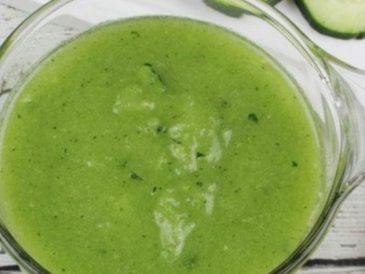The microwave is a convenient tool for reheating food quickly, but not all foods are safe to reheat. Some foods can lose essential nutrients, change in taste, or become harmful to your health by developing bacteria or toxins. Here are some foods you should be cautious about when reheating, along with tips on how to safely handle them.
1. Rice
Rice is a staple in many diets, but reheating it improperly can pose health risks. If rice is left at room temperature, Bacillus cereus bacteria can grow and produce toxins that may survive reheating, leading to food poisoning symptoms like vomiting and diarrhea.
Tip: Refrigerate rice promptly after cooking and reheat it to at least 75°C to reduce the risk.
2. Nitrate-Rich Vegetables
Vegetables like spinach, chard, celery, beetroot, and turnips contain nitrates. While safe to eat fresh, reheating these vegetables can turn nitrates into nitrosamines, compounds that may be carcinogenic under certain conditions.
Tip: It’s best to consume these vegetables fresh or limit reheating them multiple times.
3. Chicken
Reheating chicken can alter its protein structure, making it harder to digest. Additionally, if chicken isn’t reheated evenly, harmful bacteria like Salmonella and Campylobacter may survive.
Tip: Ensure chicken is reheated evenly in the microwave, stirring it occasionally. Always check the internal temperature reaches at least 75°C.
4. Potatoes
Cooked potatoes left to cool at room temperature can be a breeding ground for Clostridium botulinum, which can produce botulinum toxin, causing botulism. Reheating doesn’t always destroy this toxin.
Tip: Store cooked potatoes in the fridge and reheat them thoroughly in a pan or oven to ensure even heat distribution.
5. Fish
Fish can become dry and lose its flavor when reheated, but more importantly, if it’s not stored properly, bacteria like Listeria can grow and cause food poisoning.
Tip: Avoid microwaving fish. Instead, use an oven or pan to reheat it more evenly.
Conclusion
Reheating certain foods can lead to health risks, including bacterial contamination and the formation of harmful toxins. By following proper storage and reheating guidelines, you can enjoy leftovers safely. Always ensure food is stored in the fridge and reheated to the correct temperature to minimize any potential health hazards.




